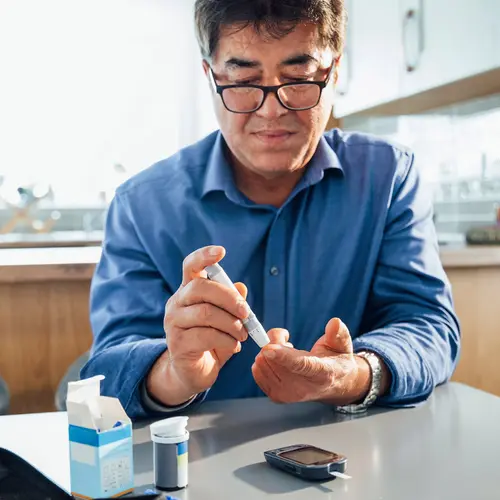For many people, atrial fibrillation (AFib) is life changing. You may have less energy than you used to. You might have to limit some activities. Your diagnosis could make you feel fearful, anxious, or depressed.
Just as your condition affects you, it affects your partner, family, and friends. The best way to keep your relationships healthy and get the support you need is to keep the lines of communication open. That's important both for their sake and for yours.
How to Talk About Your Diagnosis
Talking to your friends and relatives about your condition will help to ease their concerns. It can help reduce your own stress as well. Here are some tips for having those conversations:
- Be positive. Use "I" statements instead of "you" statements. So instead of saying "You don't understand what I'm going through," you might say, "I feel like you don't really understand my condition."
- Talk face to face, if possible. Choose a time and place with few distractions.
- Ask for their help directly when you need it.
- If they have questions you can't answer, write them down or enter them in your phone to ask your doctor on your next visit.
- Don't forget to include children in the discussions. Explain the situation in simple terms, and make sure they know it's not their fault.
What About Your Sex Life?
Atrial fibrillation can affect your sex life in several ways. You or your partner might fear that the exertion of sex could trigger an AFib episode. The condition, and some medications you take for it, can also cause erection problems. Fatigue from AFib can interfere with sex, too.
For most people being treated for AFib, sex is not only safe but good for you. It provides moderate exercise that helps strengthen your heart. It's also good for stress relief and your blood pressure. Plus, intimacy strengthens your relationship and improves your mental health.
Be careful, though, if your AFib symptoms act up. Avoid sex, along with any other intense physical activity, if you're having:
- Chest pain
- Shortness of breath
Talk to your doctor if you’re worried that sex will create health issues or if you have trouble getting or keeping an erection. They may be able to change your medication or dosage, or find other methods to help you.
When you're feeling fatigued, focus on cuddling and look for less-strenuous ways to give each other pleasure.
How to Ask for Support
Don't be afraid to ask those close to you for help when you need it. And don't expect them to know what you need. Spell out exactly how you'd like them to support you, whether emotionally or in practical ways.
When you’re tired, tell your family and friends what you need help with. They may be happy to take on more household chores and family responsibilities.
You might want someone to go with you to medical appointments or help you stick to your medication schedule. Or maybe you're looking for an exercise buddy.
At the same time, let your loved ones know you want to stay as independent as you can. You need to stay active and involved to be your best.

